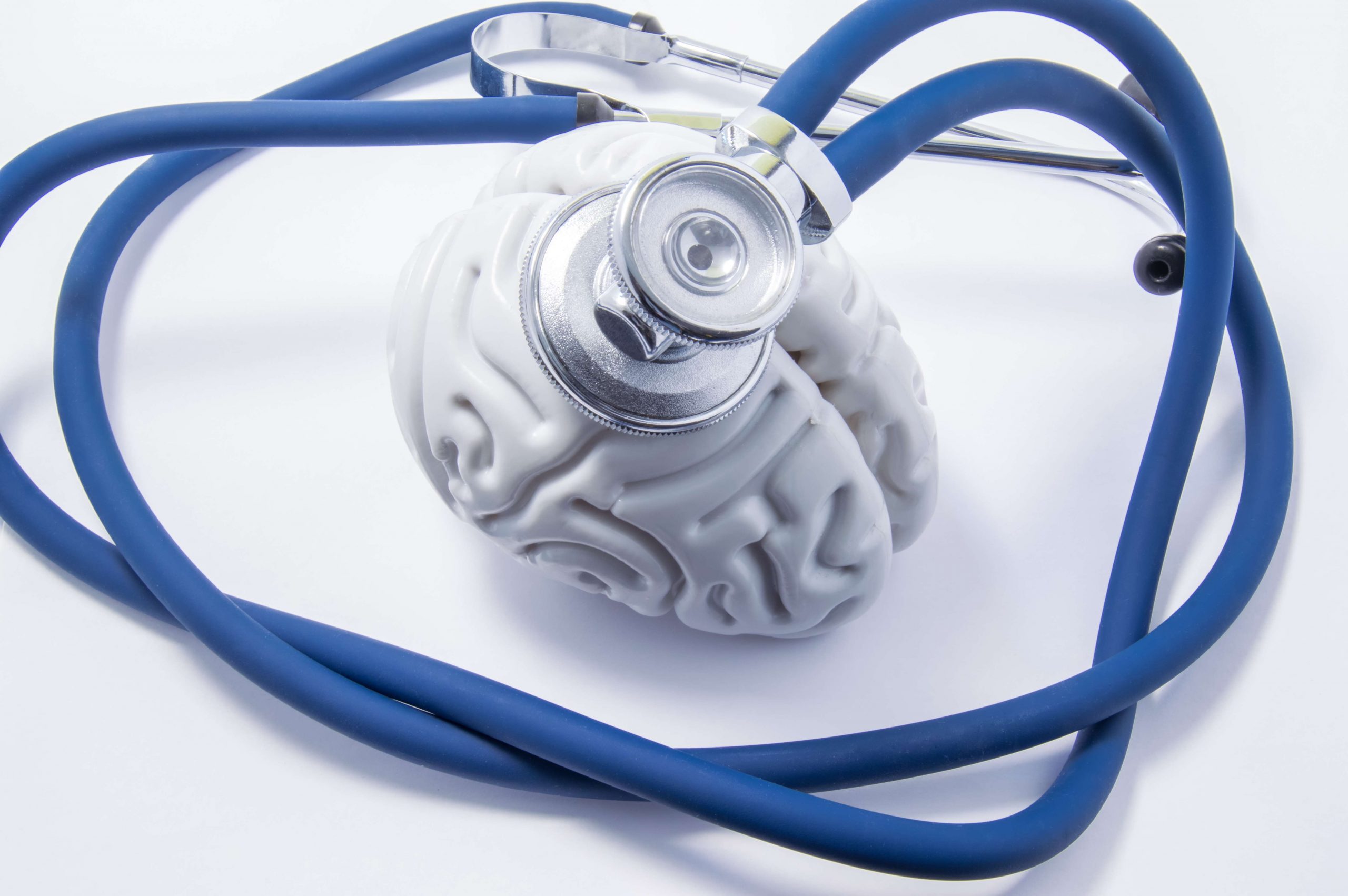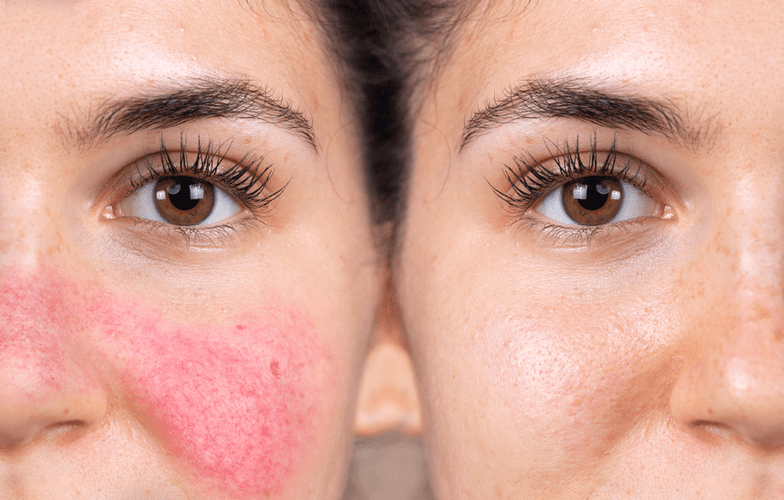Alcohol and COVID-19: How Do We Respond to This Growing Public Health Crisis? PMC
NIAAA supports a wide range of research on alcohol use and its effects on health and wellbeing. During this time, it’s important to acknowledge and understand these challenges that you may face in order to avoid using alcohol to self-medicate, potentially increasing certain COVID-19 related risks. These symptoms can occur when mixing alcohol with many common over-the-counter pain relievers, as well as certain cold and allergy medications. For example, getting regular exercise and practicing stress reduction techniques can help reduce symptoms. It is also important to prevent feelings of isolation by reaching out to friends and family when possible. According to the European WHO, alcohol plays no role in supporting the immune system to fight a viral infection.
Alcohol poses different challenges during the COVID-19 pandemic
- “If you’ve already got a loose hose that isn’t responding to the signal to tighten up and you’re making it looser with alcohol, that’s going to worsen those symptoms,” including fatigue, rapid heartbeat, cognitive impairment, and more, Malcolm said.
- Recovery programs based on mutual peer support, and many different behavioral therapies, involve social support and are very helpful for people struggling with maintaining sobriety or regulating their alcohol consumption.
- As we face the slowest five-year growth in 30 years, with financial stress, inflation, and heightened debt levels, innovative fiscal policies are critical.
Severe illness, grief, isolation, disrupted schooling, job loss, economic hardship, shortages of food and supplies, mental health problems, and limited access to health care — these are just some of the sources of stress people faced during the COVID-19 pandemic. In order to keep individuals as comfortable and as safe as possible, a medical detox is an essential first step in combating alcoholism. All the participants drank at home during the lockdown, 20.7 % reported an increased consumption, mainly due to isolation (29.7 %), changes in everyday habits (27.5 %) or for coping with anxiety or depression (13.6 %) [41]. In fact, it is possible that excessive alcohol consumption can increase the risk of developing COVID-19-induced illness, as this can affect the immune system. A 2021 study found that people who drink at least once a week are more likely to develop acute respiratory distress syndrome (ARDS) during COVID-19 hospitalization.
Testosterone-blocking drugs boost heart disease risk when given in combination
It can also cause inflammation to occur, further weakening the immune system. It can also increase the risk of certain infectious diseases, such as pneumonia and tuberculosis. Drinking alcohol does not reduce the chance of acquiring SARS-CoV-2 or developing severe illness from COVID-19. While one preprint study suggests that alcohol intolerance is a common symptom of long COVID, there’s very little research on the topic. Some research suggests that alcohol intolerance is common for people with long COVID. If you’re ready to enter treatment and stop drinking, you’ll likely have to wait until your COVID-19 infection is no longer transmissible before you enter a detox program.
Is it possible to develop an alcohol intolerance after clearing the initial COVID-19 infection?
Alcohol can also weaken your immune system and contribute to risk-taking behavior (like not wearing a mask) that could increase your chances of contracting the virus. Veterans who were taking disulfiram had a 34 percent lower incidence of SARS-CoV-2 infection than those who weren’t, according to a retrospective study. At one point, more than two dozen fraternity members had faced a variety of charges in the case.
How Has Drinking Behavior Changed During the COVID-19 Pandemic?
Sign up to get tips for living a healthy lifestyle, with ways to fight inflammation and improve cognitive health, plus the latest advances in preventative medicine, diet and exercise, pain relief, blood pressure and cholesterol management, and more. Compared with all other causes of death, which increased by 16%, alcohol-related deaths increased at a higher rate. But because of that increase during the first year, researchers from the National Institute on Alcohol Abuse and Alcoholism (NIAAA) wanted to know whether there was a corresponding increase in alcohol-related deaths in 2020.
UA Health Sciences study finds an increase in alcohol use during the pandemic
Even with the expansion of virtual treatment and online support services, there will be many individuals unable to use these services or in need of a higher level of care. Inpatient and other detoxification programs will need to balance capacity for providing in-person services with safety practices to reduce spread of COVID-19 infection. Ensuring adequate insurance for treatment will be essential with the added concern that many individuals will lose their employer-based health insurance and access to addiction treatment insured by state Medicaid programs varies widely. Because of substantial and unexpected social and economic changes caused by the COVID-19 pandemic, many people turned to alcohol and other drugs to cope with those stressors. Unfortunately, the pandemic also made accessing substance use disorder treatment more difficult.
Nonetheless, these results suggest that examination of whether increases in alcohol use persist as the pandemic continues and whether psychological and physical well-being are subsequently affected may be warranted. Alcohol can have a range of harmful effects on the body, which can https://sober-house.org/lsd-what-to-know/ diminish a person’s immune response and put them more at risk for COVID-19. All the extra histamine may explain why some people feel terrible after drinking alcohol post-COVID. Rachakonda said it’s not unreasonable to request a blood test if you’re experiencing alcohol intolerance.
For many struggling with alcoholism, creating and maintaining healthy social connections fuels their motivation to either stay sober or continue working toward sobriety. It’s no surprise then, that in a time like this, you may be feeling even more vulnerable treatment and recovery national institute on drug abuse nida and potentially triggered to pick up an alcoholic beverage. NIAAA Director, Dr. George Koob, discusses what we know about how alcohol affects our immune and stress systems, along with issues related to treatment access during the pandemic.
The danger is even greater for those diagnosed with psychological or psychiatric pathologies, as often the concomitant administration of psychotropic medication and alcohol is contraindicated [34]. Many people struggled with their mental health during the first year of the COVID-19 pandemic. However, researchers found that drinking returned to pre-pandemic levels by June 2021.
Although alcohol temporarily dampens the brain and body’s response to stress, feelings of stress and anxiety not only return, but worsen, once the alcohol wears off. Over time, excessive alcohol consumption 50 sobriety gifts ideas effective substance abuse treatment can cause adaptations in the brain that intensify the stress response. As a result, drinking alcohol to cope can make problems worse and one may end up drinking to fix the problem that alcohol caused.
Talk to your healthcare provider to find out what you can do to lower blood pressure. Researchers have found a relationship between sensitivity to acute pain and resting blood pressure. If you’re generally healthy but have a high resting blood pressure, you’re unlikely to feel sudden pain. Blood pressure should return to normal levels rather quickly when it’s related to this type of pain.
It can also interact with several common medications, such as ibuprofen, to cause further symptoms. Always check the label on medications for possible interactions with alcohol. According to a study in JAMA Internal Medicine, out of 201 people with COVID-19-induced pneumonia, 41.8% developed ARDS. It is possible for high concentrations of alcohol, such as 60–90%, to kill some forms of bacteria and viruses. There’s no consensus on whether alcohol affects the antiviral medications used to treat COVID-19.
Nearly all have been resolved, but the prosecution of Young and Casey was delayed by appeals. More than a dozen pleaded guilty to hazing and alcohol violations, while a smaller number entered a diversion program designed for first-time, nonviolent offenders. A pounding sensation in the neck, chest, or ears also may be a sign of high blood pressure.








